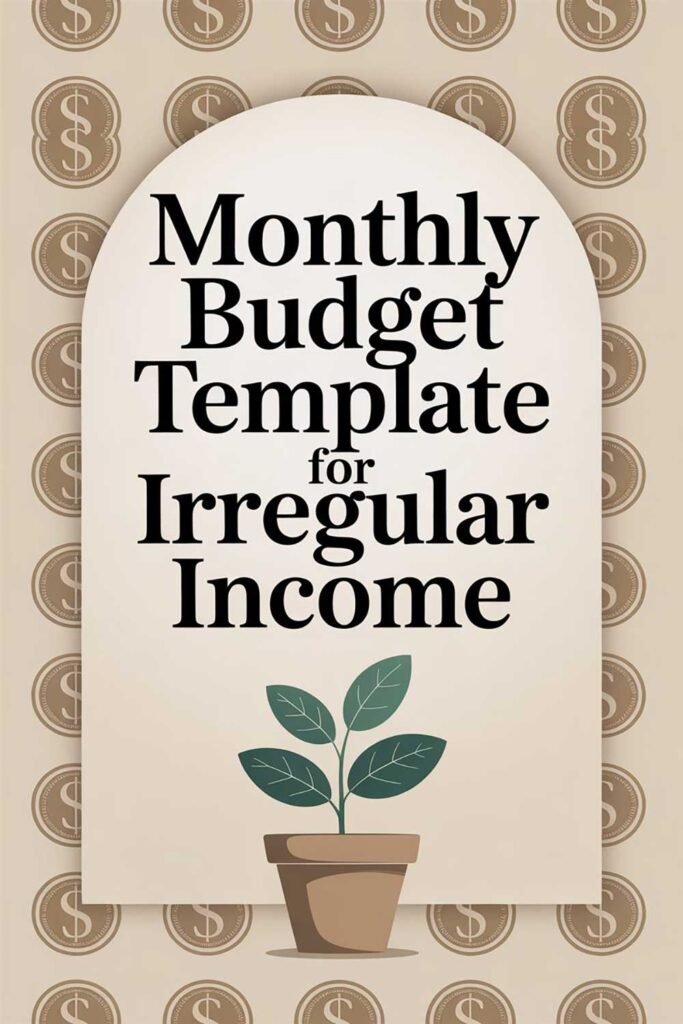
Financial Wellness
Financial wellness is a crucial aspect of overall well-being, yet it is often overlooked. Achieving financial stability allows you to reduce stress, plan for the future, and enjoy a higher quality of life. Developing healthy financial habits can lead to greater security, confidence, and financial freedom.

What Is Financial Wellness?
Financial wellness refers to the state of managing your finances effectively to meet both short-term and long-term goals. It involves:
- Having control over daily financial decisions
- Being prepared for emergencies
- Planning for future financial stability
- Feeling confident and stress-free about money matters
The Benefits of Financial Wellness
Achieving financial wellness leads to numerous advantages, including:
- Reduced stress and anxiety about money
- Greater ability to achieve life goals (homeownership, travel, retirement)
- Improved relationships due to fewer financial conflicts
- More opportunities for personal growth and experiences
Key Steps to Achieve Financial Wellness
1. Create a Budget and Track Expenses
- A budget helps you understand your income, expenses, and spending habits.
- Use budgeting apps or spreadsheets to track where your money goes.
- Set spending limits on non-essential purchases.
2. Build an Emergency Fund
- Aim for at least 3-6 months’ worth of expenses in savings.
- Keep this money in a separate, easily accessible account.
- An emergency fund provides a safety net for unexpected expenses (medical bills, car repairs, job loss).
3. Reduce Debt Strategically
- Focus on paying off high-interest debt (credit cards, personal loans) first.
- Use methods like the debt snowball (smallest to largest debts) or debt avalanche (highest interest first).
- Avoid accumulating unnecessary debt by practicing mindful spending.
4. Set Clear Financial Goals
- Identify short-term goals (saving for a vacation, paying off a loan) and long-term goals (buying a home, retirement).
- Break goals into actionable steps with specific deadlines.
- Regularly review and adjust your goals as needed.
5. Invest in Your Future
- Contribute to a retirement account (401(k), IRA) as early as possible.
- Diversify investments to minimize risk and maximize growth.
- Seek professional financial advice if needed.
6. Improve Financial Literacy
- Educate yourself about saving, investing, taxes, and credit management.
- Read books, take courses, or listen to financial podcasts.
- Being informed helps you make better financial decisions.
7. Practice Smart Spending
- Differentiate between needs vs. wants before making purchases.
- Look for ways to cut unnecessary expenses (subscription services, impulse shopping).
- Shop smart by comparing prices, using discounts, and buying quality over quantity.
8. Protect Your Financial Well-Being
- Have appropriate insurance coverage (health, auto, life, home).
- Monitor your credit score and report regularly.
- Be mindful of financial scams and fraudulent activities.
How to Stay Consistent with Financial Wellness
Maintaining financial wellness is a continuous process. Here’s how to stay on track:
- Set monthly financial check-ins to review your budget and goals.
- Adjust your spending and saving strategies based on life changes.
- Stay motivated by celebrating financial milestones.
Picture This
Imagine feeling completely in control of your finances. You have an emergency fund in place, minimal debt, and a clear plan for the future. Instead of feeling stressed about bills and expenses, you confidently make financial decisions that align with your goals. With financial wellness, you gain peace of mind, security, and freedom to live life on your terms.
What’s one step you can take today to improve your financial wellness?
Please Share This Article
If this guide helped you, please share it with others who may benefit from improving their financial wellness.Financial security is within reach with the right strategies and habits!






